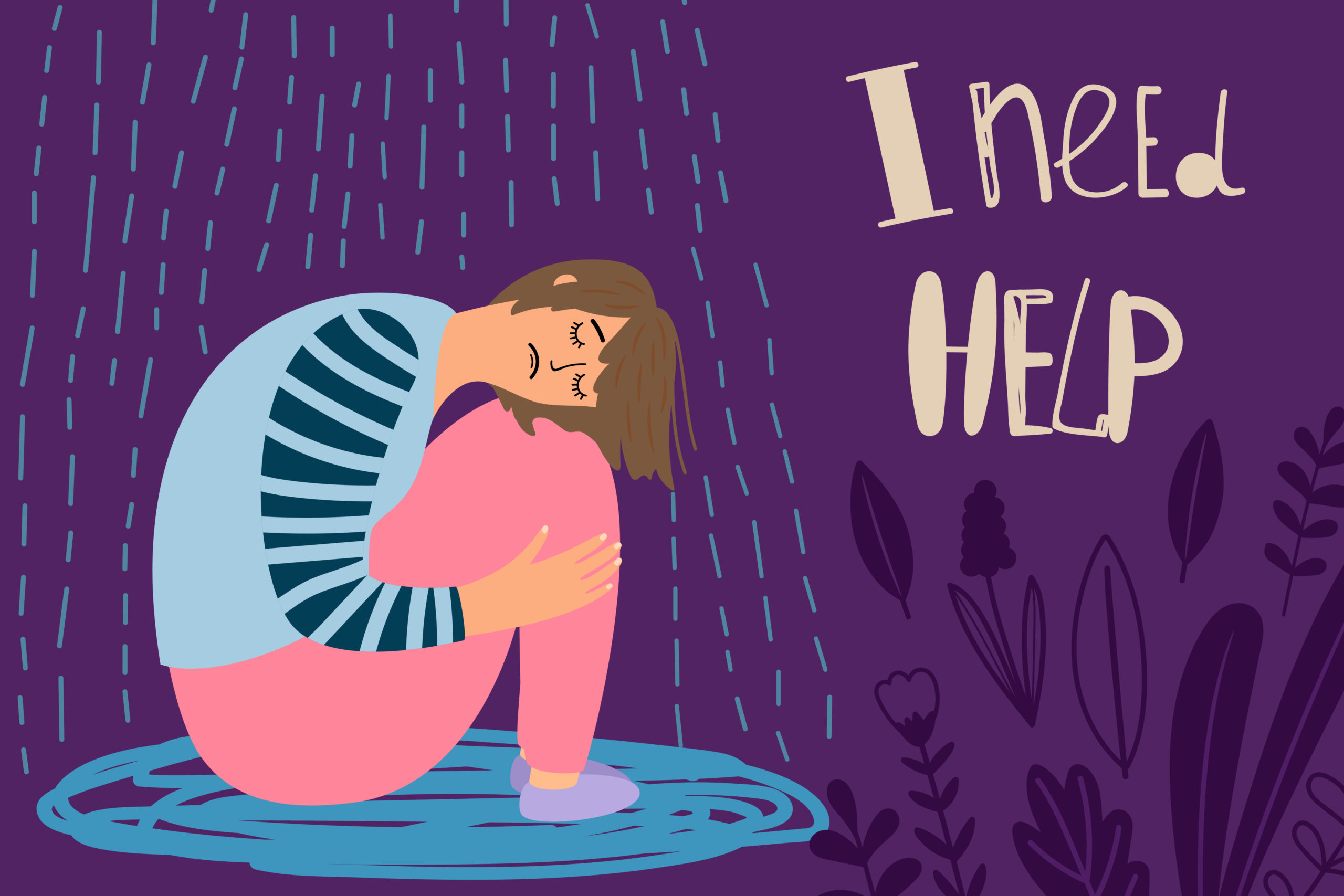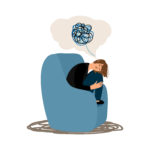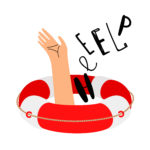
Noticing Symptoms of Anxiety in Your Child
As a parent, you have the intuition to know when your child needs help. Anxiety is a normal reaction when your child is faced with a challenge. It’s how they react to stress and as a result, may help them resolve their apprehension when something makes them uncomfortable—they might have a big test coming up, a school activity or event they are participating in, or even a first date. Anxiety is not always dangerous or a problem; most times, it means that something means a lot to your child, and they want to be successful. Plus, anxiety is adaptive and helps prepare your child to be mindful of their intuition in situations. It is crucial to the development of coping mechanisms that will serve them throughout their life.
Having typical anxiety responses are entirely reasonable. However, when the anxiety goes beyond the increased heartbeat and excessive sweating, action may need to happen.
During the teenage years, your child is undergoing many changes in their emotional and physical states. When the feelings of intense anxiety begin to interfere with your child’s schoolwork, activities, and relationships, then seeking a licensed mental health professional may be needed. There are a few vital signs of anxiety that are common within teens struggling with handling anxiety.
- Drastic emotional changes: Your child may feel on edge more often and have unexplained outbursts due to irritability.
- Social changes: Your child may begin to “push away” friendships or avoid social interactions altogether. They might stop attending extracurriculars and isolating themselves.
- Physical changes: Common physical symptoms include increased headaches, digestion problems, and fatigue. Noticing any changes in body and eating habits could be a sign of anxiety.
You can also spot the effects of these symptoms in their sleeping habits, school performance, and social interactions. While these symptoms may be frustrating and even frightening for parents, follow your intuition. Teenage anxiety is increasingly common. Teens are increasing their commitments and pressure to perform well in all aspects of their life. Remember that staying up late to study for a test and feeling nervous about taking a test is part of growing up. The hope, in these situations, is that a child learns healthy coping mechanisms to overcome uncomfortable situations.
However, if the development of their coping skills turns negative—that’s when professional attention in needed. If your child begins self-harming, having panic attacks, noticeably low self-esteem, and different behavior, then their coping mechanisms are impeding their ability to maintain a healthy lifestyle. The benefit of acknowledging this is a scary reality means that professional counselors can help. I can teach your child practical tools to bring back that mindfulness and balance in their life. There are so many useful tools proven to help teens deal with crippling anxiety. The benefits of seeking professional help will foster your child’s ability to set realistic goals and expectations within their life and find a healthy way to manage stress.
Shifting Thought Patterns
Once we have identified that your child may not be handling stress properly, I can begin shifting their thought process. Most teenagers will be able to tell you that life brings unexpected changes and can often be unpredictable. Yet, they lose their ability to handle these situations because of their lack of experience. They might believe that everything they do must be perfect. They also might think that if one thing goes wrong, then everything will entirely fall apart, and they won’t ever be successful. Catastrophic thinking is the trigger to anxiety. When a teenager believes that there is one path for success and anything the disturbs that path will foil everything—that mindset is struggling against reality. By using a variety of counseling techniques, your child may begin to see that life is not a straight and narrow path. They can learn to control their anxiety triggers and evaluate how they will handle the situation in a healthy and mindful mindset.
Breaking the perfectionism cycle in teens can allow them to be mindful of the fact that very few things will ever be “perfect.” I can help guide your child to successful thought processes to teach them how to set realistic expectations and goals. Not to say I don’t push your child to be the best they can be, but I also teach them to give themselves a little grace when things don’t go to plan.
Taking the Next Steps
During the sessions, your teen and I will discuss the primary concerns and anxiety-driven issues happening in their life. A session lasts 50 minutes and is presently centered. I may ask questions that ask what is causing your teenager to be anxious. Being taught to focus on feelings during the session allows the patient to understand their thoughts. Therapy can provide a fresh perspective on a difficult problem that is causing anxiety and point the teen in the direction of a solution. Many people find treatment to be a tremendous asset to managing personal growth, interpersonal relationships, family concerns, and the hassles of daily life. This is true for teenagers growing up, learning about themselves, and building life-long relationships.



